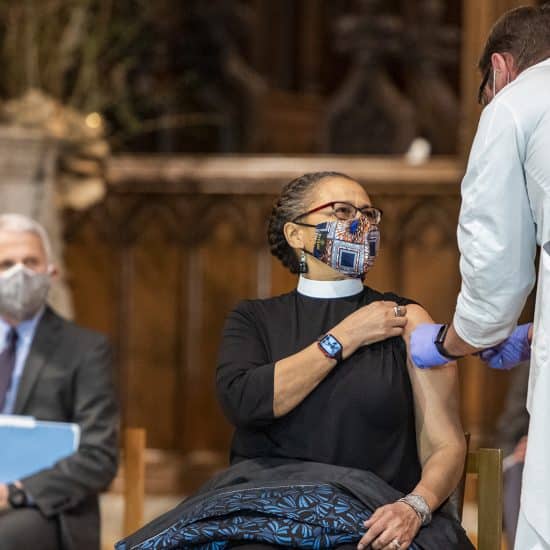October has long been designated as Pastor Appreciation Month. Hallmark, the greeting card company, knows it and promotes the practice, of course. So do denominational entities that produce ideas for helping us pew-sitting laypeople know how to show our appreciation for pastors and other ministers during October and perhaps other months.

Bill Webb
|
The good thing about an appreciation month is that it reminds us to be, well, appreciative — in intentional ways. If there is a downside, it might be that we reduce intentionally showing our love and appreciation for pastoral leaders and servants to a holiday — or perhaps a “holi-month” if we are particularly diligent about it.
Some churches have a reputation for being at best passive in regard to demonstrating love, or at least appreciation, for their clergy. Frankly, they do poorly at budgeting for pastoral support, from salaries and basic employment benefits to resources and opportunities to enable ministerial staff to enhance their abilities and motivation to minister.
Be generous, or at least fair, in remuneration. A reputation in the community for keeping its pastors poor does little to commend a congregation to outsiders. Commit to protect the ministers’ families with healthcare, retirement benefits, disability and other appropriate insurances, etc.
Make provision for continuing education and events like conventions that help leaders stay in touch with the bigger picture of church and denominational life. Too many congregations are too frugal in this regard and pass over their best chances to make investments that will enhance ministers’ ability to help the laity and guide the congregation to greater heights. This is common sense, not rocket science.
By all means, grateful parishioners should invest in cards of appreciation or personal notes with personal reasons for pastoral gratitude. Go the email or text route for routine communication; a personal note involving pen and paper suggests time, effort and greater regard (at least in this editor’s opinion).
Admittedly, pastors and other ministers are busy. They value time with their families, just like everyone else. But they and their families are not islands. They need times to be with church members outside calendared church events. One of the most frequent suggestions for October is to take your pastor(s) and family out to eat. Take them to a ballgame, a theater production or whatever else would be a break from the fulfilling but demanding work of the ministry.
Many ministers need help in balancing their lives lest they burn out trying to fulfill their ministerial calling. They need to feel the freedom within their ministry environment to practice balance. To a lesser degree (usually), spouses and offspring need the same kind of loving attention. Congregations tend to have personnel committees that — at their best — take such things into consideration. They monitor whether the minister is using allotted vacation time and is taking steps to monitor personal emotional, psychological and physical health.
My late father, who died suddenly nearly 25 years ago, cautioned new pastors at my home church to “love the people” as their third-highest priority after their love of God and family. I’ve quoted Dad many times. His advice was intended to ensure that the pastor demonstrated a healthy relationship with those to whom he believed God had called him. But the advice served another purpose as well. To love the people not only benefitted the congregation, but it built a protective hedge around the leader.
Congregations have less motivation to turn on a minister whom they realize cares deeply for them and their well-being, both as a church and as individuals.
A counter-encouragement is important here, too. Wise parishioners — as individuals and as congregations — need to make holy commitments not only to appreciate the minister during October but year round. For the sake of God’s purposes in this world, they must seek God’s help in loving spiritual leaders 24/7, even during times when love might seem far from merited. Cut them some slack. Undeserved expressions of love have a way of changing people for good. This even includes spiritual caregivers among us.
True agape love is like that. Believers are people who rely on and expect that kind of love from God. We have seen it displayed in Christ and in mature Christians, and we have seen its power to produce mountain-moving change in surprising situations. Who among us has not experienced the love of God when God could have instead made a case for demonstrated wrath in our lives? We depend upon it.
My advice: Take the above suggestions and use them as a springboard for setting a new standard of pastoral care in your congregation. Love your ministers and treat them in such a way as to please God, who will certainly bless such efforts.
Bill Webb is editor of Word&Way.




